We know that when you’re a small business owner, you wear many hats for your business and have many tasks on your plate. However, making sure you have solid business banking systems in place is an extremely important piece in managing your business. That’s why we’ve put together some important small business banking best practices to help you manage your finances and help your business grow.
1. Choose a Local, Community Bank That Can Assist with Your Financial Needs
Choosing the right financial partner for your business is extremely important in the short and long run. A local, community bank may be smaller in size than the big banks, but they will have local knowledge and decision-making that can benefit your business. Additionally, you want to choose a bank that will be there when you need them and provide guidance to help your business financially thrive.
2. Open a Designated Business Checking and Savings Account
Having specific Business Checking and Savings Accounts will help you keep your finances, transactions, and statements clean, clear, and organized. Business Accounts are set up to cater to business transactions and finances and will help you keep an organized ledger of your business financial transactions over time.
3. Utilize Online & Mobile Banking Services
As a small business owner, you are busy. That’s why being able to handle your banking needs via Online Banking and Mobile Banking services is essential. View transactions, manage your accounts, deposit checks, make transfers, and more right from your computer or smartphone by choosing a bank with digital business banking services.
4. Apply for Commercial Loans When Needed to Help Grow and Expand Your Business
It’s important to choose a bank that has Commercial Lending and Business Cash Management Services to help your business grow. As a small business, you may need financing for new or expanded office space, business equipment, business vehicles, business expansion and more. By applying for a Commercial Loan with a bank you have a relationship with, you can put your business in a better position.
5. Build the Relationship with Your Bank by Mastering “The 5 C’s”
If you’re establishing a banking relationship, you probably want to take out a Commercial Loan at some point in the future as we mentioned. Keeping your Business Accounts in good standing with a bank is a great start, but mastering “The 5 C’s” can help put your business in good standing when applying for a Loan:
- Character: Business trustworthiness with the bank
- Capacity: Being in a healthy financial situation with good cash flow and the ability to repay a potential loan
- Capital: The amount of money invested into a company by the business owners and investors
- Conditions: Having a business strategy in place for overcoming any potential challenges and achieving success no matter market conditions
- Collateral: Assets that the bank can use as collateral or take if the loan can’t be repaid
If you’re ready to set your business up for financial success and work with a local, community bank with years of experience, Mechanics Cooperative Bank is here for you. Learn more and contact us today to get started!
{{cta(‘36364d8b-197e-4597-b02e-ce165efcf9d5′,’justifycenter’)}}





